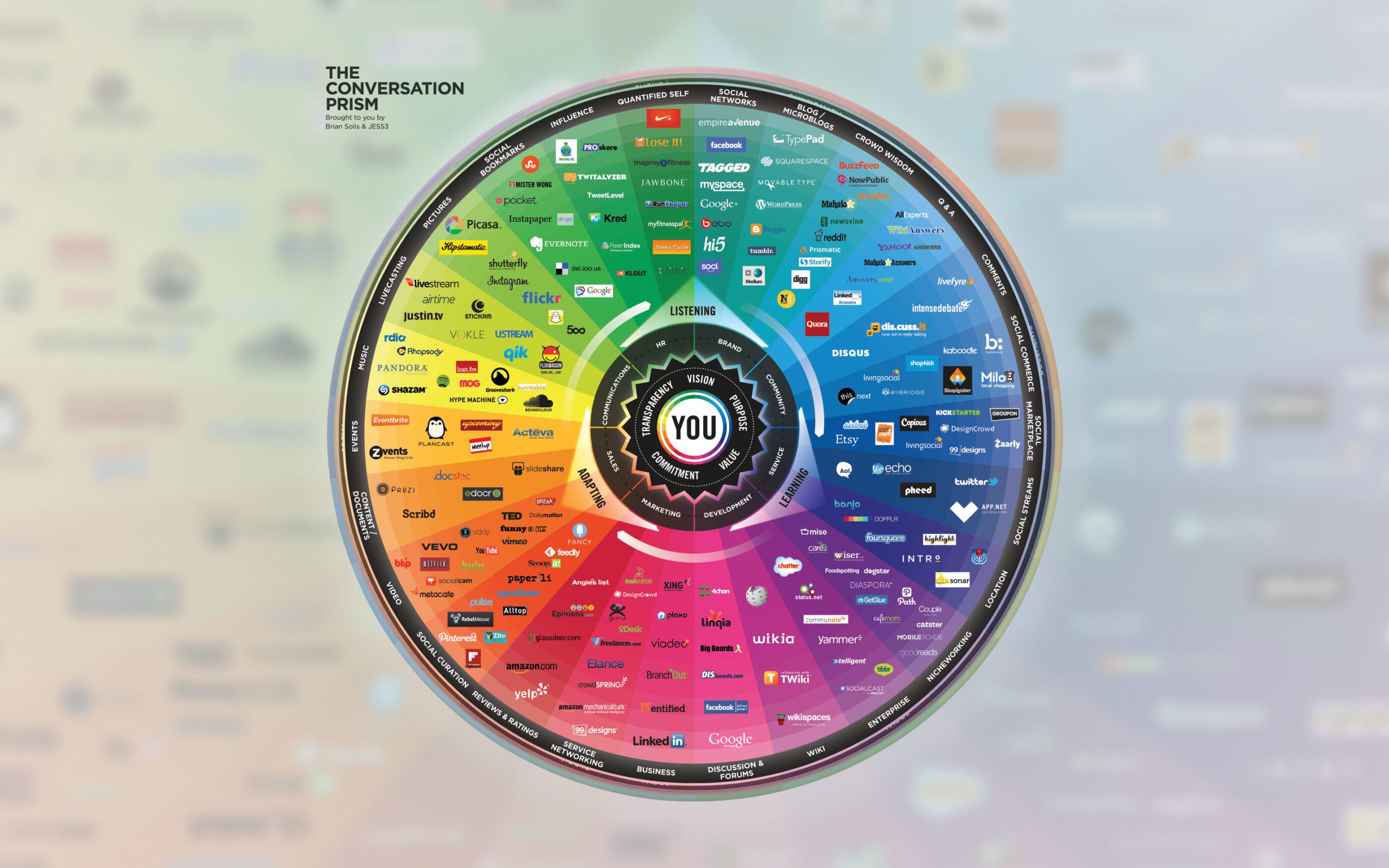For generations, those in the work force have said that the younger generations are lazy. With each passing decade, a new generation of “lazy kids” assumes the mantle of authority and passes the same judgment on those who will succeed them. As time passes, each new group of leaders discovers that the next generation is not lazy; they simply have learned the value of “play.”
The newest generation to enter the work force, Generation Next, has learned the value of “play” in the digital age. Generation Next is the first truly digital generation; people raised and educated using digital media and the internet as an integral part of their basic thinking. Because of their “digital play”, Generation Next has learned to use simulated environments, virtual spaces, teleconferences, text messaging and a myriad of other technologies individually and in combination. Members of Generation Next have mastered the ability to multitask in ways that prior generations have never imagined. Their upbringing in the digital age provides them with the ability to handle up to 70 simultaneous incoming streams of information in a typical online video game.
Recent research has suggested that those who multitask are in fact less efficient than their single tasking counterparts. The problem with such research is that it uses single tasking benchmarks to evaluate multitasking. Generation Next does not measure success by the same benchmarks as their single tasking predecessors. Success in the next phase of the digital age will require that business adopt the same benchmarks as the multitasking digital natives who will dominate that new frontier. Knowing these benchmarks, and how to achieve them, are three of the business skills Generation Next can teach business today.
Social Networking – Seeing is Believing
One of the major differences between Generation Next and their predecessors is that the relationships adeptly built in the virtual space transfer seamlessly into the physical and business worlds. Such online social network relationships are not developed through long online encounters, but rather through the regular and attentive communications in short bursts. Generation Next uses text messaging, email and online social networking sites to stay in constant contact with their online friends. These communiqués are brief and often deal with seemingly unimportant information such as “what’s for lunch” and “out walking the dog” yet it is this level of personal revelation that promote the friendships that later become referrals and other types of business.
Lesson 1: It’s All About Relationships
Generation Next is all about the relationship. Given the choice between a product or service provider that is better and one that is more personable, Generation Next will choose the more personable every time. Experts from Zig Zigler to Jim Cathcart to myself have stressed the importance of relationships in the workplace and with customers, clients and potential clients. Generation Next has simply made this process more efficient and more powerful with technology.
The best online social networkers have discovered that effective online social networking requires between seven and ten hours per week. Single-taskers have traditionally dedicated 2 hours per business day to social networking. Generation Next multitaskers have found short networking periods to be far more personal and thus far more efficient.
Tactic 1: Network Ten Hours Each Week
- Keep an email window open and respond quickly to networking opportunities.
- Keep these contacts short and invite them to a more in depth conversation later.
- Take fifteen to thirty minutes each day to look for new network contacts through online interest groups,
Lesson 2: Keep Your Network “In the Loop”
People are naturally social creatures and they are insatiably interested in what others are doing. Generation Next has taken this social interest to the level of art form utilizing every technology to share the moment-to-moment “updates” of their lives. Social websites such as Facebook, Twitter and Plaxo provide the opportunity to share these “updates” directly with contacts and network members. The newest versions of these sites allow all three sites to receive “updates” from a single dispatch through the Twitter.com website. Other social websites such as LinkedIn have taken note of this important trend and have added the ability to incorporate such microblogs.
Tactic 2: Be Interesting to Your Network
- Keep your social network profiles interesting with regular updates on projects, opportunities, triumphs and even challenges.
- Make your “Updates” valuable to your network.
- Share lessons learned and problems to avoid through your “Updates.”
Lesson 3: Be a Real Person by Expressing Yourself
Beyond the voyeuristic curiosity that makes profile “updates” Twitter so popular, there is a need to gain insight and understanding of those with whom we associate ourselves. Self-expression sites such as YouTube, Flickr and SlideShare provide the personal and professional insights that members of Generation Next require to make personal connections. More than just a networking opportunity or multitasking project, these expression sites allow for the not only the exhibit projects and proposals, but to showcase talents and triumphs. The major social websites have recognized the importance of self-expression sites to the digital generation. The best part is that in most cases, it takes only minutes to share a project completed for a wholly different purpose. Generation Next knows that the best multitasking is actually retasking.
Tactic 3: Project a Well-Crafted and Genuine Image
- Decorate your Social Networking Profiles as you would your home and office space, with favorite pictures and even music.
- Display images of diplomas, awards, certificates and even your children’s artwork, these say who you are and what you value.
- Promote your projects, programs and passions through video, slides and other multimedia tools.
Unfortunately, those of us not weaned on the internet and multiplayer simulation-based role-playing video games will never master the art of multitasking. However, by applying the lessons and tactics of Generation Next, we can master their market and succeed in their digital world.










